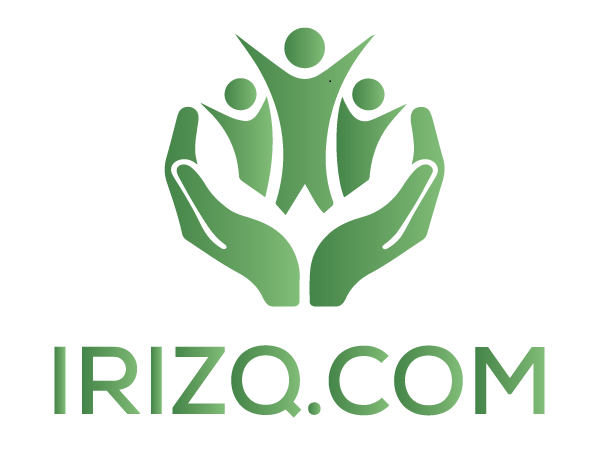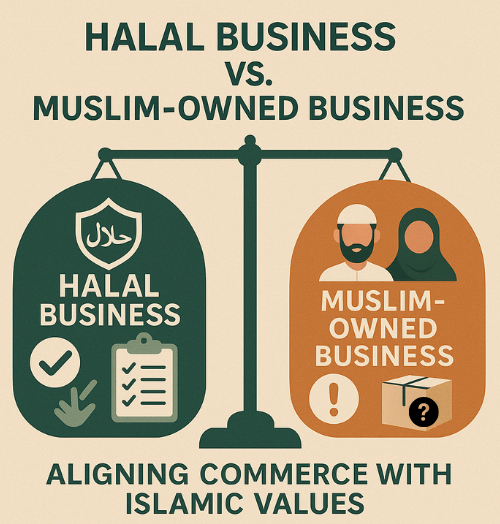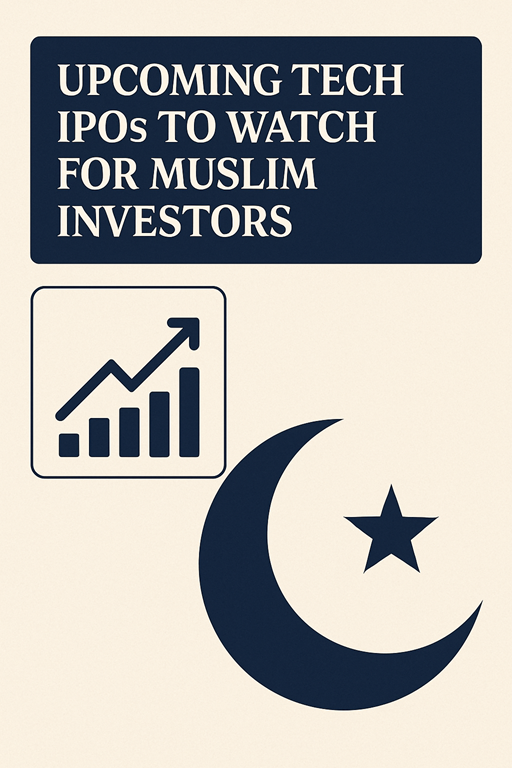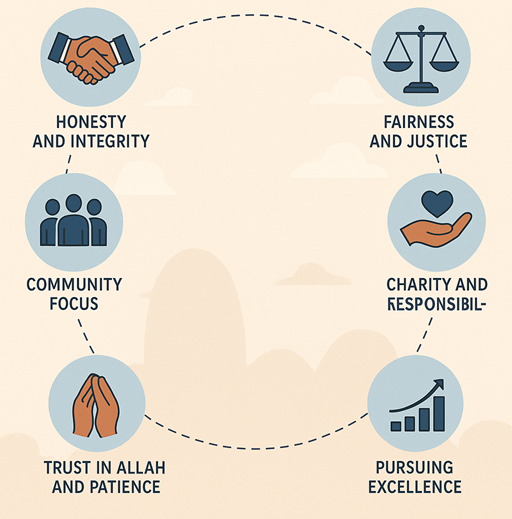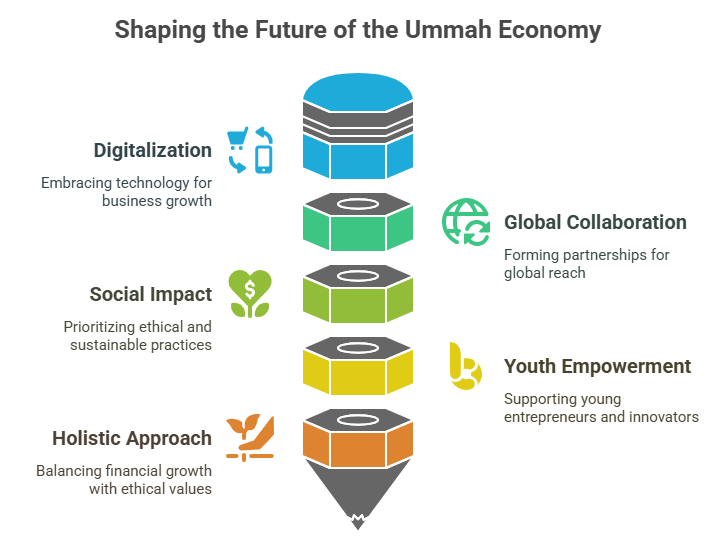This article explores the key differences between Halal and Muslim-owned businesses, why values matter more than identity.
Bismillah!
In today’s global economy, the terms "Halal business" and "Muslim-owned business" are often used interchangeably, but they are not the same. While a Muslim-owned business is simply a company owned by a Muslim individual or group, a Halal business operates in full compliance with Islamic principles regardless of the owner’s faith.
This distinction is crucial because supporting businesses that adhere to Islamic ethics rather than just those owned by Muslims ensures that our economic activities align with the values of fairness, transparency, and social responsibility promoted in Islam.
What Defines a Halal Business?
A Halal business goes beyond selling permissible products—it embodies Islamic ethics in every aspect of its operations. Key principles include:
- Halal Products & Services – No alcohol, pork, gambling, or harmful substances.
- Ethical Dealings – No fraud, deception, or exploitation in trade.
- Fair Wages & Treatment of Workers – Employees must be paid justly and treated with dignity.
- Avoiding Riba (Interest) – Transactions should be free from usury.
- Social Responsibility – Giving Zakat, Sadaqah, and supporting the community.
A Muslim-owned business, however, may not always follow these guidelines. Some Muslim entrepreneurs, knowingly or unknowingly, engage in:
- Selling non-Halal products (e.g., alcohol, tobacco, or Haram food).
- Exploiting workers with unfair wages or poor conditions.
- Using interest-based loans or unethical financial practices.
This misalignment between ownership and Islamic values creates a critical challenge for the Muslim community.
Why Supporting Halal Businesses Benefits the Ummah
a. Upholding Divine Commands Over Tribal Loyalty
Islam prioritizes justice and ethics over blind support for fellow Muslims. The Prophet Muhammad (PBUH) warned:
"A trader who deals in falsehood will be with the sinful, and the one who deals in honesty will be with the prophets, the truthful, and the martyrs." (Tirmidhi)
This Hadith teaches that truthfulness in business not just Muslim ownership determines its worth in Islam.
b. Strengthening the Global Halal Economy
The Halal market is worth trillions, covering food, finance, cosmetics, and more. By supporting verified Halal businesses, Muslims can:
- Encourage ethical trade and fair competition.
- Motivate more businesses to adopt Islamic principles.
- Build a trustworthy Halal ecosystem that benefits everyone.
c. Earning Allah’s Blessings in Wealth
A business that follows Islamic guidelines attracts barakah (divine blessings), while one that engages in Haram risks spiritual and financial loss.
Guidance for Muslim-Owned Businesses to Become Truly Halal
If a Muslim-owned business is not fully Sharia-compliant, it is never too late to reform. Here’s how Muslim entrepreneurs can align their businesses with Islam:
a. Audit Your Business for Haram Elements
- Products/Services: Remove any Haram items (alcohol, interest-based financing, unethical entertainment).
- Supply Chain: Ensure suppliers also follow Halal and ethical practices.
- Financial Transactions: Shift from conventional banking to Islamic finance alternatives.
b. Implement Fair Employment Practices
- Pay livable wages on time (Prophet Muhammad (PBUH) said: "Give the worker his wages before his sweat dries." – Ibn Majah).
- Provide safe working conditions and respect employees’ rights.
c. Seek Halal Certification & Transparency
- Obtain Halal certification from reputable organizations to build trust.
- Be transparent about sourcing, ingredients, and business dealings.
d. Give Back to the Community
- Calculate and pay Zakat correctly.
- Support charitable causes and social welfare projects.
e. Educate & Mentor Others
- Encourage fellow Muslim entrepreneurs to adopt Halal practices.
- Share knowledge on Islamic business ethics through workshops or mentorship.
How Consumers Can Encourage Positive Change
As consumers, Muslims have the power to influence businesses by:
- Prioritizing Halal-Certified Businesses – Look for credible certifications.
- Supporting Ethical Muslim-Owned Businesses – Reward those who follow Islamic principles.
- Politely Advising Non-Compliant Businesses – Offer constructive feedback to Muslim entrepreneurs who may need guidance.
- Making Dua for Their Improvement – Pray for Allah to guide all businesses toward righteousness.
Building an Economy Pleasing to Allah
Islam teaches that intentions and actions matter more than labels. While supporting Muslim entrepreneurs is commendable, it should never come at the cost of compromising Islamic values.
For Muslim business owners, this is a call to self-reflect, purify earnings, and strive for true Halal compliance. For Muslim consumers, it is a reminder to make conscious choices that align with faith over familiarity.
By working together entrepreneurs adopting ethical practices and consumers supporting them—we can build a Halal economy that earns Allah’s pleasure and benefits the entire Ummah.
Let us trade with integrity, spend with wisdom, and seek barakah in all our dealings.
